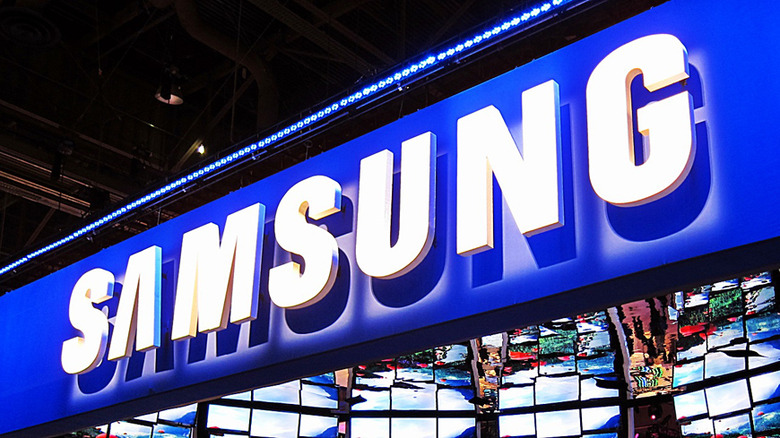Samsung Keeps Its Impossible Promise
It was Game 3 of the 1932 World Series and with two strikes in the top of the fifth inning, New York Yankees slugger Babe Ruth slowly lifted his arm and pointed straight ahead at the center field bleachers in Wrigley Field. On the next pitch, Ruth sent a Charlie Root curveball screaming 450 feet to the deepest part of the ballpark and then trotted around the bases with a muted smirk on his face. Samsung (005930) marketing boss Younghee Lee was far less dramatic when she foretold a remarkable shift that would soon take place in the smartphone market, but the end result was the same: Samsung made good on an impossible promise.
In January 2012, Lee sat down for an interview with Dow Jones blog AllThingsD. Samsung was already seeing success in the smartphone market at the time, but the Samsung brand was hardly something that consumers lusted after, especially in the United States. Phone sales were showing impressive growth thanks to extensive carrier support and a wide selection of handsets, but Lee knew the company would need to work on its brand image if it hoped to achieve the type of success its chief rival Apple (AAPL) was enjoying.
(Image source: AllThingsD)
"Especially in U.S., people are obsessed with Apple," Lee said during the interview. "It's time to change people's attention." Samsung wanted its smartphones to create just as much buzz as the iPhone. People should be obsessed with Galaxy phones, not Apple phones.
Apple bloggers and pundits had a good laugh.
The idea that any other company's products might be worthy of the type of emotional response that was entirely warranted when it came to iOS devices was preposterous. The iPhone was a thing of beauty that sprang forth from the soul of Apple Inc. It was painstakingly crafted for people, not profits. Apple was so admired and the iPhone so adored because they spoke to people on a level no other company or smartphone could.
But little did they know that Samsung was about to embark on a multi-billion dollar marketing journey that would see its meteoric rise somehow accelerate even faster. It would soon become the top-selling cell phone vendor in the world. It would carve out a new smartphone subcategory and cement phablets' position as the new norm. It would launch a new flagship phone that became the best-selling smartphone in the world for a period of time.
And most recently, it would succeed in generating Apple-like buzz surrounding its upcoming flagship smartphone, the Galaxy S IV.
On Thursday evening, Samsung will unveil its next-generation Galaxy S IV smartphone at a press conference in New York City. It will be an epic spectacle, set to take place in front of a packed house at Radio City Music Hall. And make no mistake, there is definitely Apple-like buzz surrounding Samsung and the Galaxy S IV leading up to Thursday's debut.
Social networks and forums have been set aflutter as fans wait to see if the rumors and leaks were accurate. Traffic to coverage of the Galaxy S IV on tech blogs and news sites has soared to iPhone-like levels — so much so that sites such as CNET published their "live blogs" of Thursday night's Samsung press conference more than a week in advance in an effort to game Google and gain an edge in its search results.
The Galaxy S IV is expected to be Samsung's fastest-selling smartphone yet. Several analysts predict that sales will top 10 million units in just one month, or about half the time it took the Galaxy S III to move 10 million units. A number of factors will contribute to the handset's anticipated success, and a sleek design along with innovative features like eye-tracking and head-tracking will undoubtedly be among them. But the momentum Samsung already has around the world, the extensive carrier support it has built over the years and the tremendous amount of buzz the company has managed to generate may be just as important as the phone itself.
The Yankees went on to win Game 3 of the 1932 World Series by two runs, and then completed a four-game sweep of the Cubs the next evening with a decisive 13-6 victory. The battle between Apple and Samsung certainly won't end as quickly or as decisively as the '32 Series, but it absolutely has all the makings of a classic.[bgr-post-bug]
